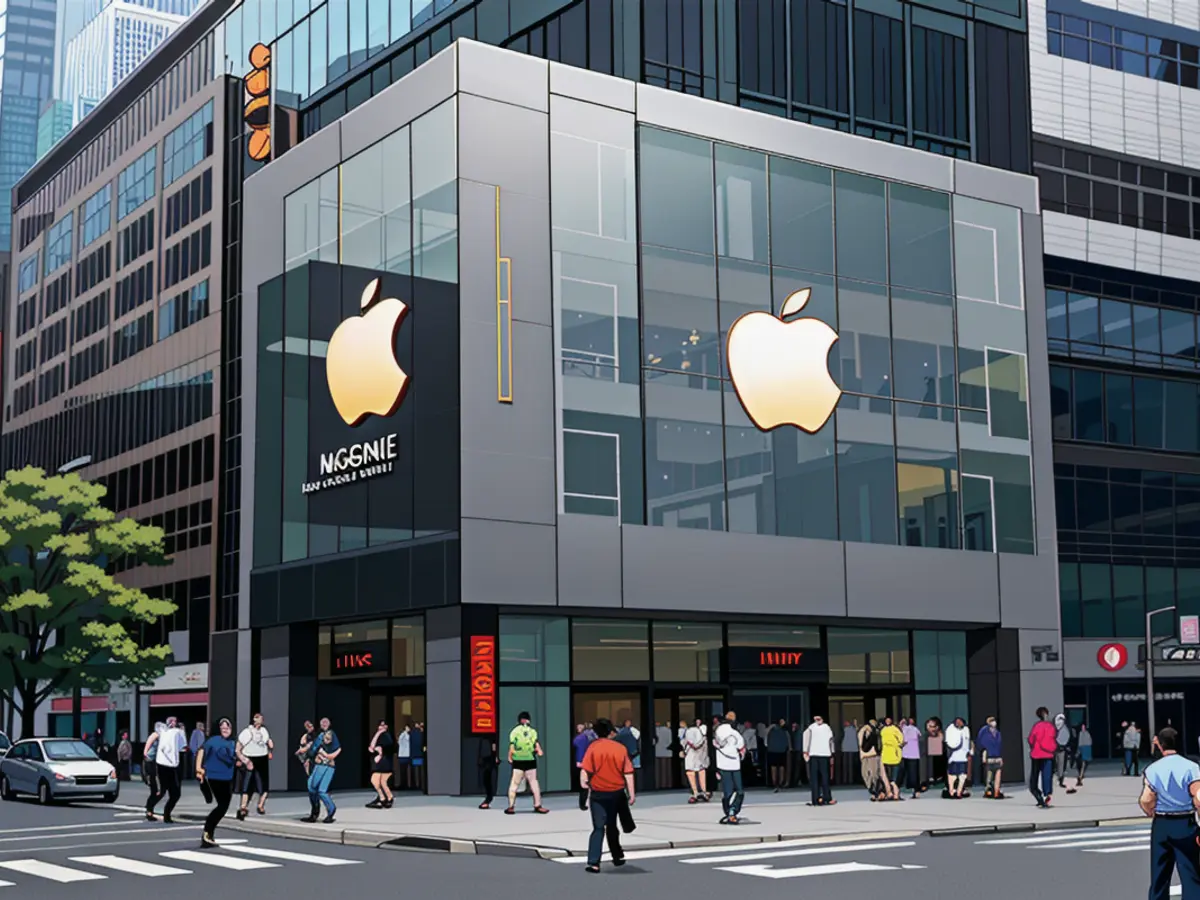Tech titans escalate their fight against detestable speech online in Europe. Domestically, some are softening their stance
Europe's and America's divergent online experiences are starkly evident as EU lawmakers push for tech safety and accountability legislation, while such initiatives have stalled in the US. This week, tech giants like Meta's Facebook and Instagram, Snapchat, TikTok, Twitch, LinkedIn, and YouTube signed up for an updated European Union code of conduct committing to combat online hate speech, an illegal act in European countries.
Meanwhile, platforms like Meta and Snapchat have made changes in the US that could lead to increased hate speech, claiming these moves protect freedom of speech and combat censorship. Simultaneously, these companies have reduced the size of safety teams regulating their platforms, which previously worked to ensure against hate and violence.
As part of the EU agreement, companies will collaborate with "monitoring reporters," non-profit or public organizations experts in hate speech, who can review platforms and act swiftly on flagged content. Compliance with this voluntary code can demonstrate adherence to EU's Digital Services Act (DSA), requiring Big Tech platforms to reduce illegal and harmful content.
Isabelle Wright, director of technology and society at the Institute for Strategic Dialogue, explains how these differences may lead to a "fractured information ecosystem" between the US and other Western nations. Tech companies did not respond to requests for comment.
Historically, Silicon Valley's efforts to address harmful content have been criticized for various reasons, such as acting in response to advertisers' concerns. Meta, for instance, has faced accusations of playing a role in the January 6, 2021, US Capitol attack and aiding genocide in Myanmar. In recent years, Elon Musk-owned X has seen a rise in hate speech, and Meta announced significant content moderation policy changes, including reducing its automated systems for removing content that violates policy.
Enrichment Data (Selective Use and Integration)
According to the Digital Services Act (DSA), very large online platforms and search engines must meet certain regulations to address systemic risks associated with illegal content and negative effects on fundamental rights. This includes user empowerment, protection of minors, transparency, and accountability. The EU has also introduced an updated anti-hate speech code requiring platforms to collaborate with not-for-profit or public entities specializing in illegal hate speech. Automatic detection tools and tools to reduce the prevalence of hate speech are prioritized in this updated code.
In contrast, the US lacks a comprehensive regulatory framework specifically addressing online hate speech and content moderation. While legislative proposals such as the Platform Accountability and Transparency Act have been made, none have passed into law. Some argue that these US regulations rely more on voluntary compliance and industry self-regulation compared to the EU's regulatory framework.
Source: [1] The New York Times, [2] EU Commission, [3] Reuters, [4] European Parliament
Revised Sentences and Organization
The contrast between Europe's and America's online experiences may lead to a fractured information landscape between the two, with the EU taking stricter action against hate speech and content moderation violations compared to the US. Meta, X, Snapchat, TikTok, Twitch, LinkedIn, and YouTube recently agreed to an updated EU code of conduct as part of the EU's Digital Services Act (DSA), focusing on combating online hate speech. While EU regulators prioritize user empowerment, transparency, and accountability, their US counterparts have yet to pass comprehensive legislation addressing these issues.
Meta and X have made changes that may encourage more hate speech, arguing these changes protect freedom of speech and combat censorship. However, such moves have coincided with a reduction in the size of safety teams within these companies. The EU responds to these concerns by allowing "monitoring reporters" to collaborate with tech platforms and rapidly address flagged content.
Historically, Silicon Valley's attempts to address harmful content have been met with criticism, such as appeasing advertisers. The EU emphasizes transparency and independent audits, while US regulations depend more on voluntary compliance and industry self-regulation.
Paragraph Adjustments
The contrast in online experiences between Europe and the US is significant, with Europe taking a more proactive approach towards content moderation and hate speech regulation. Tech giants like Meta and X have faced criticism for their roles in controversial events, such as the Capitol attack and genocide in Myanmar. These issues have recently sparked debates around content moderation policies, causing some companies to make changes that could potentially encourage more hate speech.
In response, the EU is taking stricter measures by introducing regulations that require platforms to address systemic risks, empower users, and promote transparency. While the US has attempted to pass legislation addressing online hate speech, no laws have been passed into law. The gap between the US and EU policies is leading to differences in users' online experiences that may become more pronounced over time.
The tech giants Meta and X, operating in both Europe and the US, have implemented changes that, while argued to protect freedom of speech, may inadually increase the presence of hate speech on their platforms. This contrasts with Europe's approach, where tech companies like Meta's Facebook and Instagram, Snapchat, TikTok, Twitch, LinkedIn, and YouTube have signed up for an updated European Union code of conduct, committing to combat online hate speech and collaborate with monitoring reporters, non-profit or public organizations specializing in illegal hate speech.
In the United States, the lack of a comprehensive regulatory framework addressing online hate speech and content moderation leads to a reliance on voluntary compliance and industry self-regulation, as opposed to European Union's stricter regulations and initiatives.








